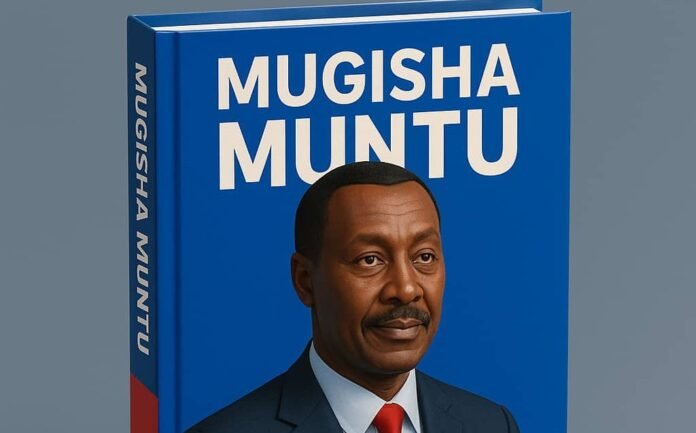By Isaac Christopher Lubogo
1. The Power of the First Word
You can tell a man by his first word, and a leader by his first sentence. When General Mugisha Muntu speaks, he does not shout, he does not dramatize, he does not thunder with empty promises—he reasons. His first words are often quiet, measured, and deliberate. In a political culture intoxicated with volume, noise, and performance, Muntu’s calm is not weakness—it is power. It is the power of a surgeon’s hand, not the butcher’s axe.
2. Discipline as Destiny
From his days in the bush war to his tenure as Army Commander, Muntu has been a paradox: a General who despises chaos, a soldier who reveres order, a politician who refuses the seduction of shortcuts. Where others romanticize the “bush logic of survival,” Muntu embodies the discipline of institution-building. He does not seek to personalize power; he seeks to institutionalize it. In a nation suffocating under the weight of patronage, he represents the antidote—discipline as destiny.
3. A Different Kind of Power
Uganda has been ruled by men who confuse fear for respect and force for legitimacy. Muntu offers another grammar of power: persuasion, not intimidation; vision, not violence; consensus, not coercion. His leadership is not anchored in the mythology of the gun, but in the morality of service. He is the quiet storm that does not uproot trees for drama but waters them for endurance.
4. Integrity in the Age of Transaction
Politics in Uganda has become a marketplace of loyalty-for-sale. Muntu stands as a rebuke to transactional politics. He has walked away from power when principle was compromised, and he has chosen obscurity over opportunism. That makes him dangerous to the establishment, but precious to the republic. Integrity may not be loud, but it is immortal.
5. The Bridge Between Generations
Muntu is not trapped in the bitterness of the past nor lost in the euphoria of youth. He is the bridge—between the bush generation and the digital generation, between the betrayed promises of 1986 and the restless demands of 2025. A bridge does not shout; it carries. A bridge does not boast; it connects. Uganda’s future needs a leader who can translate old struggles into new possibilities, and few embody that balance like Mugisha Muntu.
6. The Moral Presidency
Uganda does not only need a President—it needs a moral presidency. The kind that heals rather than humiliates, reconciles rather than revenges, and governs not by decree but by example. In Muntu, the possibility of a presidency that dignifies the office rather than weaponizes it becomes real. His calmness is not silence; it is a moral compass.
Conclusion: Uganda at the Crossroads
The coming election is not merely a contest of manifestos; it is a referendum on character. Shall we continue with the politics of fear, patronage, and survival? Or shall we attempt a politics of dignity, discipline, and moral clarity?
General Mugisha Muntu may not dazzle the crowd with carnival slogans, but he offers what Uganda has lacked for decades: a steady hand, a clean heart, and a disciplined vision.
And in the end, the true test of leadership is not how loud a man can shout—but how deeply his first few words can echo in the soul of a nation.








